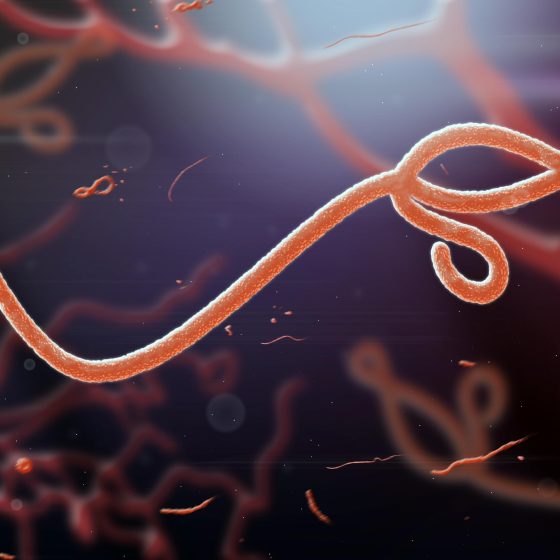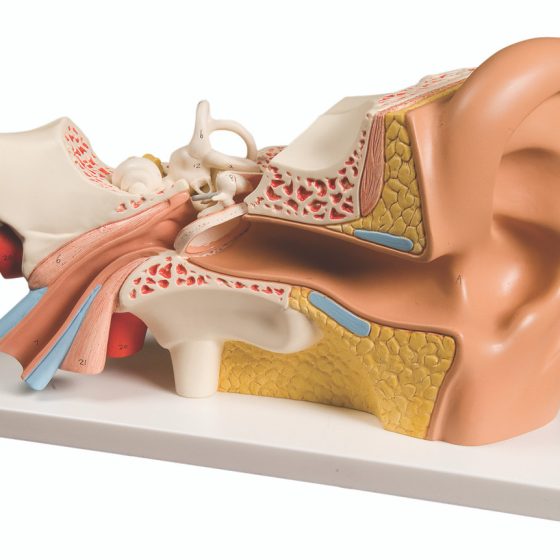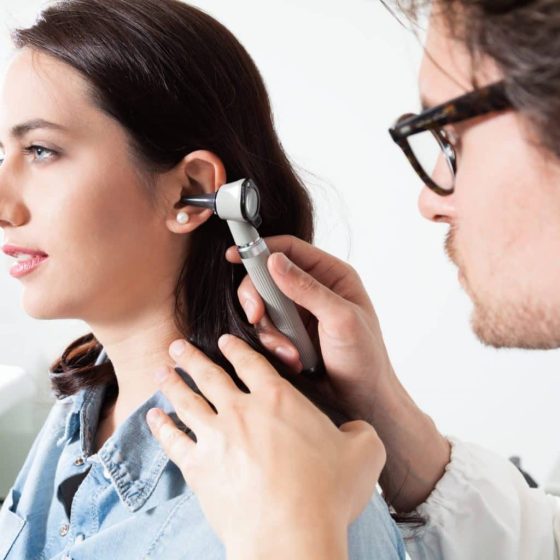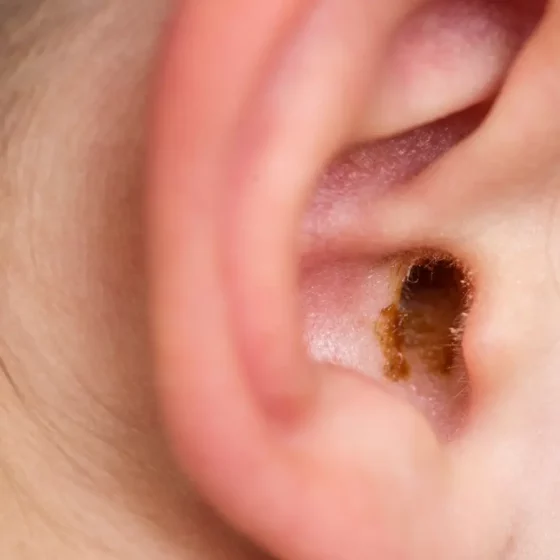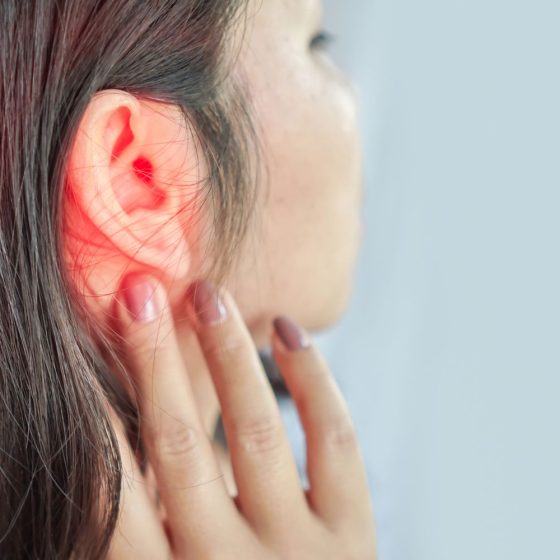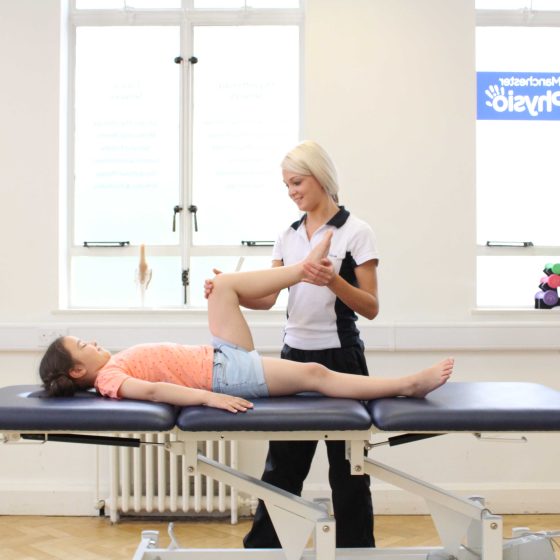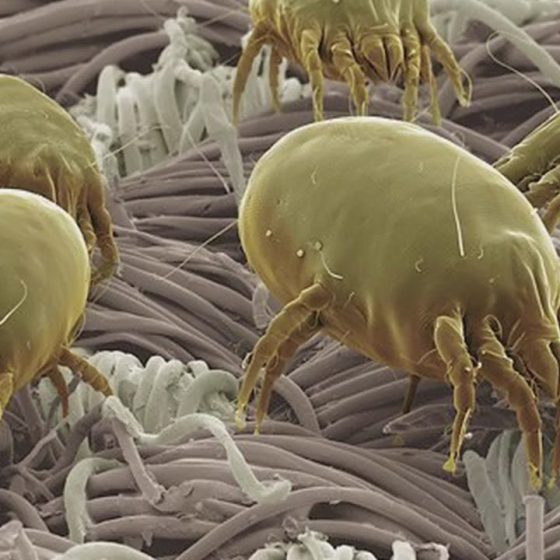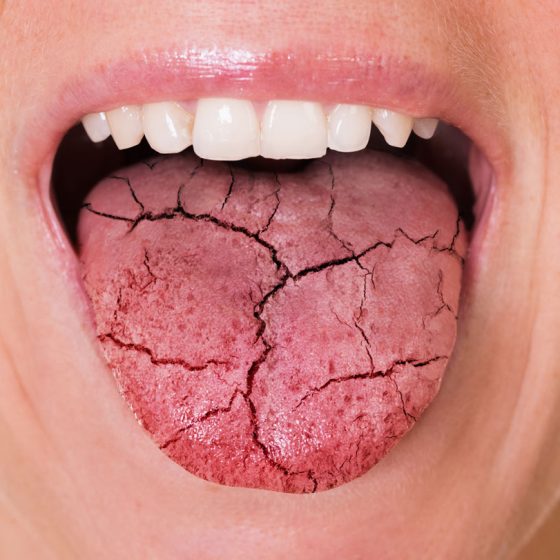Eating well (over 60)
Should my diet change as I get older? Eating well when you’re over 60 will help you maintain your health and independence. A good diet can also help you manage conditions such as high blood pressure, high cholesterol and type 2 diabetes. As you age, your nutritional requirements may change — even if you’ve been eating healthily as a younger adult. Nutritional needs can also differ between men and women. After 60, you may not be as active as you were and so you need fewer kilojoules. You may also have a reduced appetite. So, you’ll need to pack more nutrients — such as vitamins,

